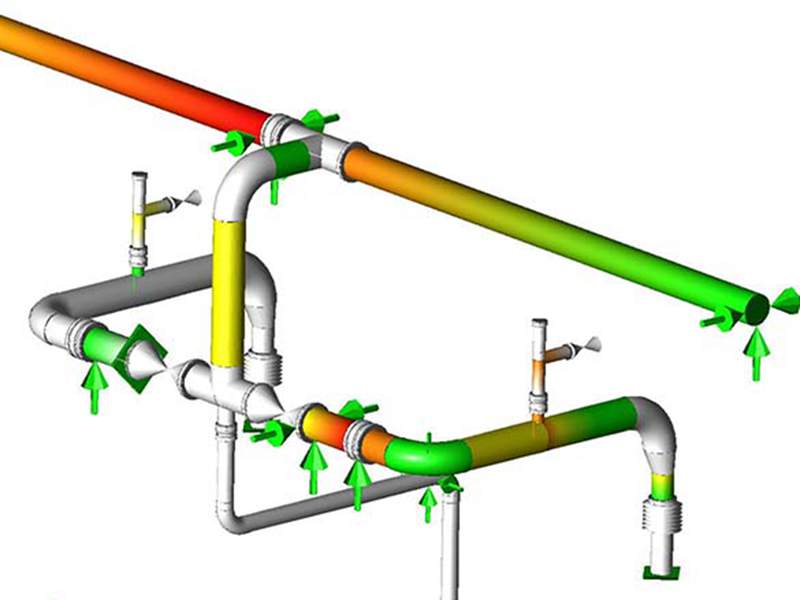
-
 Afrikaans
Afrikaans -
 Albanian
Albanian -
 Amharic
Amharic -
 Arabic
Arabic -
 Armenian
Armenian -
 Azerbaijani
Azerbaijani -
 Basque
Basque -
 Belarusian
Belarusian -
 Bengali
Bengali -
 Bosnian
Bosnian -
 Bulgarian
Bulgarian -
 Catalan
Catalan -
 Cebuano
Cebuano -
 China
China -
 China (Taiwan)
China (Taiwan) -
 Corsican
Corsican -
 Croatian
Croatian -
 Czech
Czech -
 Danish
Danish -
 Dutch
Dutch -
 English
English -
 Esperanto
Esperanto -
 Estonian
Estonian -
 Finnish
Finnish -
 French
French -
 Frisian
Frisian -
 Galician
Galician -
 Georgian
Georgian -
 German
German -
 Greek
Greek -
 Gujarati
Gujarati -
 Haitian Creole
Haitian Creole -
 hausa
hausa -
 hawaiian
hawaiian -
 Hebrew
Hebrew -
 Hindi
Hindi -
 Miao
Miao -
 Hungarian
Hungarian -
 Icelandic
Icelandic -
 igbo
igbo -
 Indonesian
Indonesian -
 irish
irish -
 Italian
Italian -
 Japanese
Japanese -
 Javanese
Javanese -
 Kannada
Kannada -
 kazakh
kazakh -
 Khmer
Khmer -
 Rwandese
Rwandese -
 Korean
Korean -
 Kurdish
Kurdish -
 Kyrgyz
Kyrgyz -
 Lao
Lao -
 Latin
Latin -
 Latvian
Latvian -
 Lithuanian
Lithuanian -
 Luxembourgish
Luxembourgish -
 Macedonian
Macedonian -
 Malgashi
Malgashi -
 Malay
Malay -
 Malayalam
Malayalam -
 Maltese
Maltese -
 Maori
Maori -
 Marathi
Marathi -
 Mongolian
Mongolian -
 Myanmar
Myanmar -
 Nepali
Nepali -
 Norwegian
Norwegian -
 Norwegian
Norwegian -
 Occitan
Occitan -
 Pashto
Pashto -
 Persian
Persian -
 Polish
Polish -
 Portuguese
Portuguese -
 Punjabi
Punjabi -
 Romanian
Romanian -
 Russian
Russian -
 Samoan
Samoan -
 Scottish Gaelic
Scottish Gaelic -
 Serbian
Serbian -
 Sesotho
Sesotho -
 Shona
Shona -
 Sindhi
Sindhi -
 Sinhala
Sinhala -
 Slovak
Slovak -
 Slovenian
Slovenian -
 Somali
Somali -
 Spanish
Spanish -
 Sundanese
Sundanese -
 Swahili
Swahili -
 Swedish
Swedish -
 Tagalog
Tagalog -
 Tajik
Tajik -
 Tamil
Tamil -
 Tatar
Tatar -
 Telugu
Telugu -
 Thai
Thai -
 Turkish
Turkish -
 Turkmen
Turkmen -
 Ukrainian
Ukrainian -
 Urdu
Urdu -
 Uighur
Uighur -
 Uzbek
Uzbek -
 Vietnamese
Vietnamese -
 Welsh
Welsh -
 Bantu
Bantu -
 Yiddish
Yiddish -
 Yoruba
Yoruba -
 Zulu
Zulu
Exploring the Benefits and Applications of Fiberglass Boats in Recreational and Commercial Use
The Advantages and Applications of Fiberglass Vessels
Fiberglass vessels have gained significant popularity in various sectors, primarily due to their unique properties and versatility. Made from a composite material of glass fibers and resin, these boats and marine structures are engineered to combine strength, durability, and lightweight characteristics. This article explores the advantages of fiberglass vessels and their diverse applications in the maritime industry.
Strength and Durability
One of the most prominent advantages of fiberglass vessels is their remarkable strength-to-weight ratio. The composite structure provides excellent resistance to impacts, corrosion, and environmental degradation, making fiberglass a superior choice compared to traditional materials like wood or metal. Unlike wood, fiberglass does not rot, and unlike metal, it does not rust, allowing vessels to maintain their integrity and appearance over many years, even when subjected to challenging marine conditions.
Lightweight Nature
The lightweight nature of fiberglass not only contributes to improved fuel efficiency but also enhances maneuverability. These vessels can achieve higher speeds with less power compared to heavier alternatives. This feature is particularly beneficial for smaller boats and racing vessels, where speed and agility are paramount. Furthermore, the reduced weight simplifies the docking and storage of the vessels, making them easier to handle for both recreational and professional users.
Design Flexibility
With advancements in manufacturing techniques, the design possibilities for fiberglass vessels are nearly limitless. The material can be molded into complex shapes and custom designs, allowing for greater creativity and innovation in vessel construction. This flexibility enables manufacturers to create specialized vessels suited for various applications, from luxury yachts to commercial fishing boats. Additionally, the ability to produce vessels in different colors and finishes enhances aesthetic appeal, attracting a wide range of customers.
fiberglass vessel

Low Maintenance
Another significant benefit of fiberglass vessels is their low maintenance requirements. The smooth, non-porous surface of fiberglass makes cleaning effortless, and it minimizes the growth of marine organisms such as barnacles and algae. Routine maintenance generally involves simple cleaning and periodic inspections, reducing the overall cost of ownership compared to wooden or metal boats that may require regular painting, sealing, or application of anti-fouling coatings.
Environmental Considerations
As environmental concerns continue to rise, the use of fiberglass in vessel construction offers several ecological advantages. Fiberglass vessels can be designed for fuel efficiency, contributing to reduced carbon emissions in the marine environment. Furthermore, advancements in recycling technologies have led to the development of processes that allow for fiberglass to be repurposed at the end of its lifecycle, promoting sustainability within the industry.
Applications in Various Sectors
The versatility of fiberglass vessels extends beyond recreational boating. They play a crucial role in various sectors, including commercial fishing, transportation, and research. For instance, in commercial fishing, fiberglass boats are preferred due to their durability and resistance to the corrosive effects of saltwater. Research institutions utilize fiberglass vessels for scientific expeditions, benefiting from their sturdiness and adaptability to specialized equipment for underwater exploration.
Conclusion
In conclusion, fiberglass vessels represent a significant advancement in marine technology, offering a combination of strength, durability, and design flexibility. Their lightweight nature, low maintenance needs, and environmental benefits make them an attractive option for both recreational users and commercial operators. As the industry continues to evolve, fiberglass is likely to remain a key material in the construction of innovative and efficient vessels, paving the way for a sustainable future in maritime activities. The continued development in this field will ensure that fiberglass vessels remain at the forefront of marine engineering for years to come.









